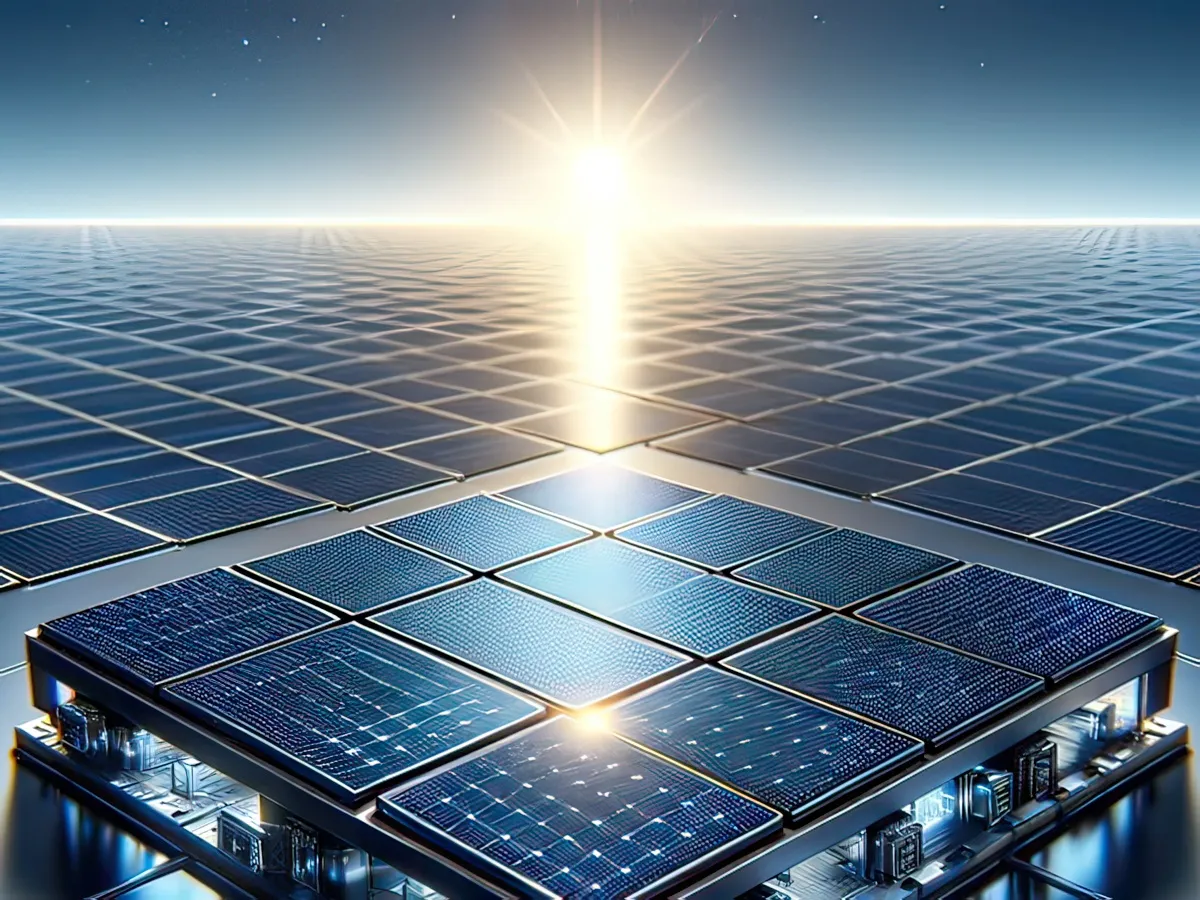|
Getting your Trinity Audio player ready...
|
A Japanese technology startup is at the forefront of developing a thin, flexible film set to challenge China’s dominant role in the global solar panel market. This groundbreaking initiative revolves around the application of cutting-edge Perovskite technology, utilizing minerals that form a crystalline structure known as perovskite. As reported by The Wall Street Journal, this innovative approach allows the film to efficiently convert light into electricity.
Previous research on perovskite cells revealed lower efficiency compared to silicon and susceptibility to moisture. However, recent advancements have significantly improved the technology, enabling the creation of lightweight and flexible solar products that can adapt to curved surfaces and generate electricity even in low-light conditions, including indoor environments.
Read More: Dusk News Tech
Japanese Prime Minister Fumio Kishida has committed to making perovskite technology commercially viable within two years, allocating over $400 million in the national budget to support increased production by companies. In comparison, the U.S. Department of Energy allocated a $29 million program in fiscal 2022 for solar technologies, including perovskite.
EneCoat Technologies, a startup founded in collaboration with a University of Kyoto professor, plans to commence commercial production by the end of the current year.
Tamotsu Horiuchi, EneCoat’s Chief Technology Officer, stated, “We want to start off by aiming for places where silicon panels can’t be used. We think that there’s a bigger market there.”
This ultra-thin film, utilizing perovskite instead of silicon, presents a potential challenge to China’s dominance in the solar panel industry. While the global supply chain for silicon solar panels is currently over 80% controlled by Chinese companies, Japan’s advancements in perovskite technology could reshape the dynamics of the market.
One historical challenge with perovskite cells has been their susceptibility to degradation when exposed to moisture. To address this issue, Sekisui Chemical is developing a sealant that could extend the lifespan of perovskite cells to up to ten years.
Despite Japan’s lead in developing new solar cell technology, it faces the specter of history, where it initially dominated conventional solar panels only to be surpassed by China. China’s massive investments and government support allowed it to rapidly scale up production and reduce prices, ultimately reshaping the solar industry’s landscape.

